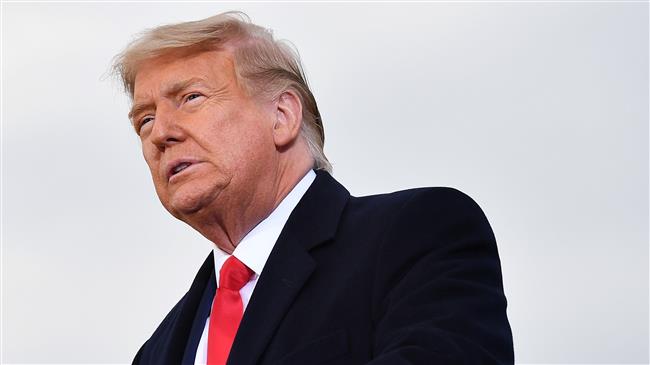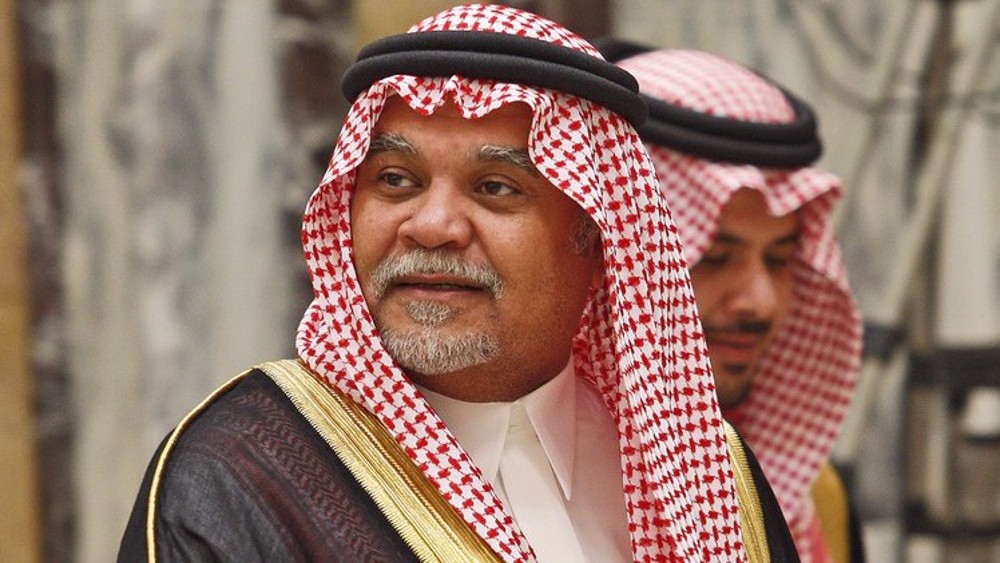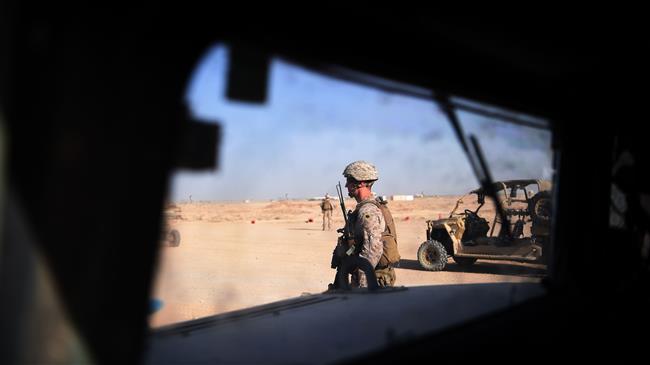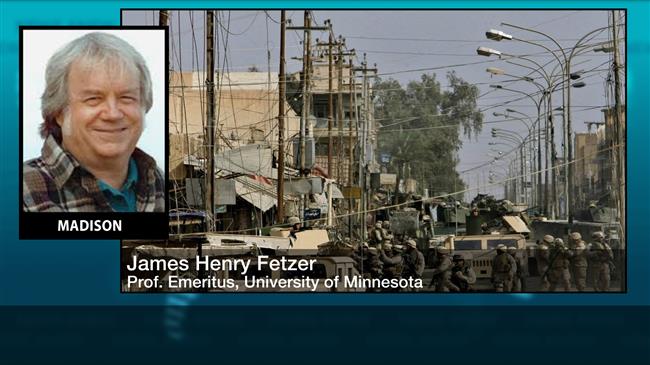After 9/11, US military should have invaded Saudi Arabia
By Tony Gosling
So it's very interesting that President Trump is using his last month or so in power to do this drawdown of troops, 2,000 from Afghanistan, which is about 40% of the contingent there, and 500 from Iraq, which is 20% of the troops in Iraq.
I mean, he's had to replace his defense secretary to do this, replacing him with Chris Miller which is interesting because it shows that the previous defense secretary basically wasn't cooperating with the president, even though he chooses these people.
He's given often in this sort of situation, the President is given a choice of people, none of whom agree with him, but he's now in his last month asserting himself a bit more. Now, what Chris Miller has said the new defense secretary is that he doesn't want this perpetual war, which is great news.
Although it's I'm afraid it's 19 years, which is too late. You know, it’s 19 years to 2001 when the Americans went into Afghanistan under George Bush Jr., and under what pretext ? Under the pretext of these 9/11 attacks which are actually carried out by Saudi Arabia.
So maybe back in 2001, the US military should have been going into Saudi Arabia, to occupy Saudi Arabia instead.
I mean it was just an excuse to go into Afghanistan at the time. It was a media hype around bin Laden, hiding in these fictitious caves in Afghanistan, and it's about time that these troops were withdrawn, absolutely right.
But the other thing to look at here is this perpetual war is also what we're getting now is it's being replaced, or in fact added to domestically with the perpetual war on the virus, so that this perpetual war idea seems to be spreading like a virus itself within the deep state in the United States.
Also worth mentioning that you've got to look at individual presidents as individuals, like for example President John F Kennedy was very much... he was in charge, he wanted to be in charge. He wasn't co-opted by the deep state or the CIA to be their little poodle president.
And what we saw with Trump was somebody that they were having to manage him right the way through. They would have to push him, cajole him, etc into doing what they wanted. And he kept his promise at no big new wars. He was making all sorts of threats against North Korea, but then he went and made friends with Kim Jong-un.
So it's very interesting that I think we're going back now to a George Bush Jr., an Obama-type president, with Biden, somebody who the deep state know they can just write a script for him and he'll read it out for them.
So the end of the Trump era I think people are going to be a little bit looking back with nostalgia towards President Trump - somebody that when he was stood in front of the podium and the microphone was actually speaking his mind and actually kept his promise not to start new wars.
*Beginning his working life in the aviation industry and trained by the BBC, Tony Gosling is a British land rights activist, historian, and investigative radio journalist. For 20 years he has been exposing the secret power of the Bank for International Settlements (BIS) and élite Bilderberg conferences where the dark forces of corporations, media, banks, and royalty conspire to accumulate wealth and power through extortion and war.
He recorded this article for Press TV website.
Hamas thanks Iran, Resistance Front following achievement of ceasefire in Gaza
'Capitulation': Israeli officials and media concede Gaza defeat as truce unfolds
'Gaza has won': Social media users react to ceasefire with mix of relief, joy
Iran seeks South Korea’s assistance for AI, fiber-optic projects
VIDEO | Iran's 'Eqtedar' (Power) maneuver
Israel hits HTS military target in Syria for 1st time since fall of Assad
VIDEO | Press TV's news headlines
Israel has slaughtered 13,000 students in Gaza, West Bank



















 This makes it easy to access the Press TV website
This makes it easy to access the Press TV website